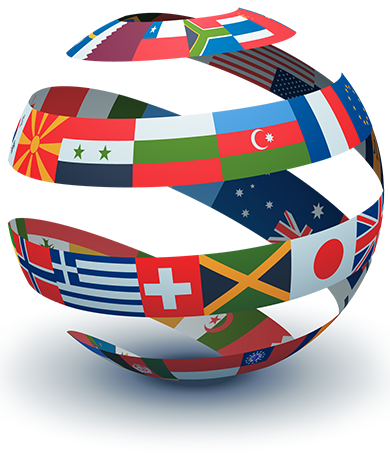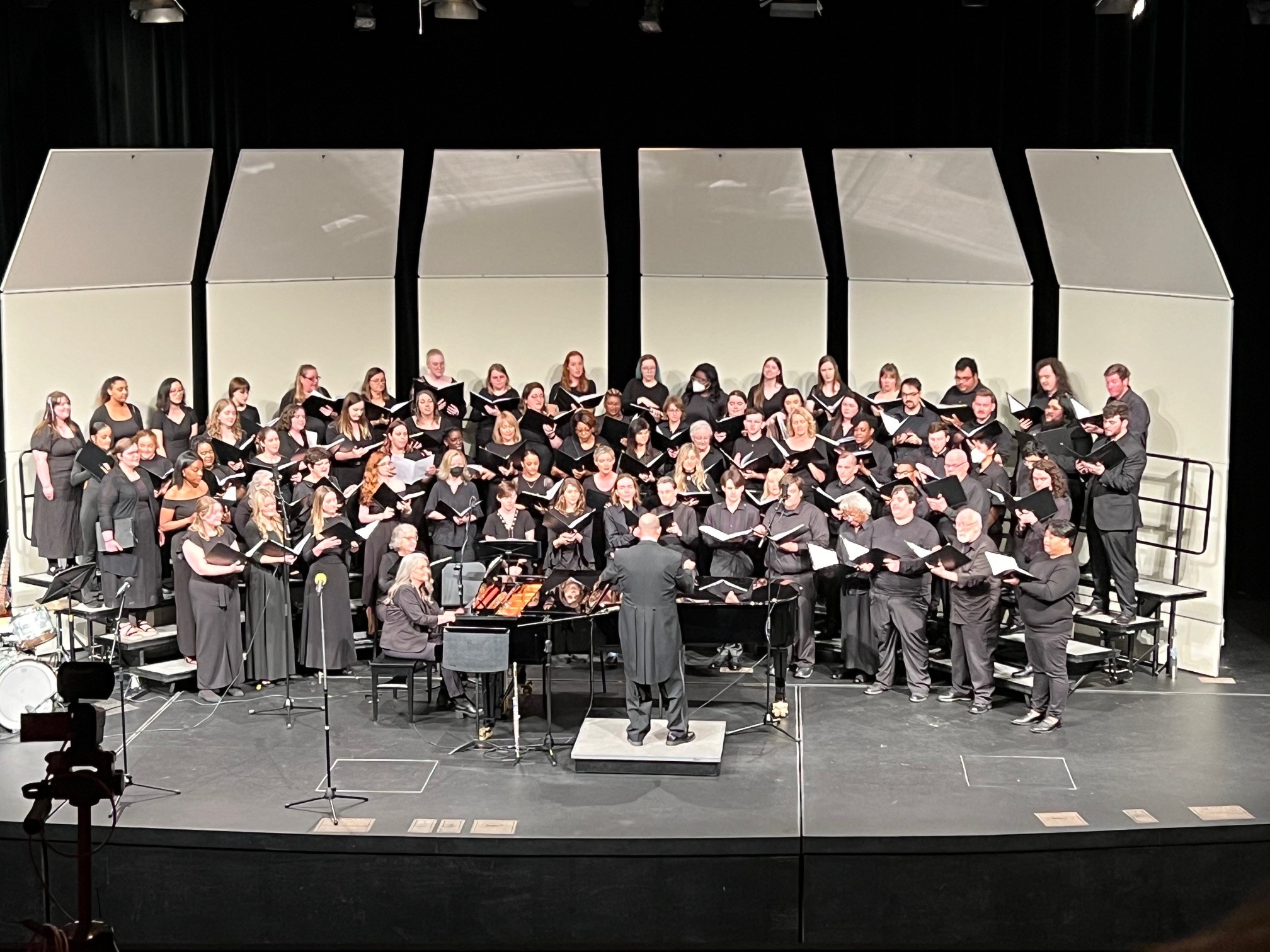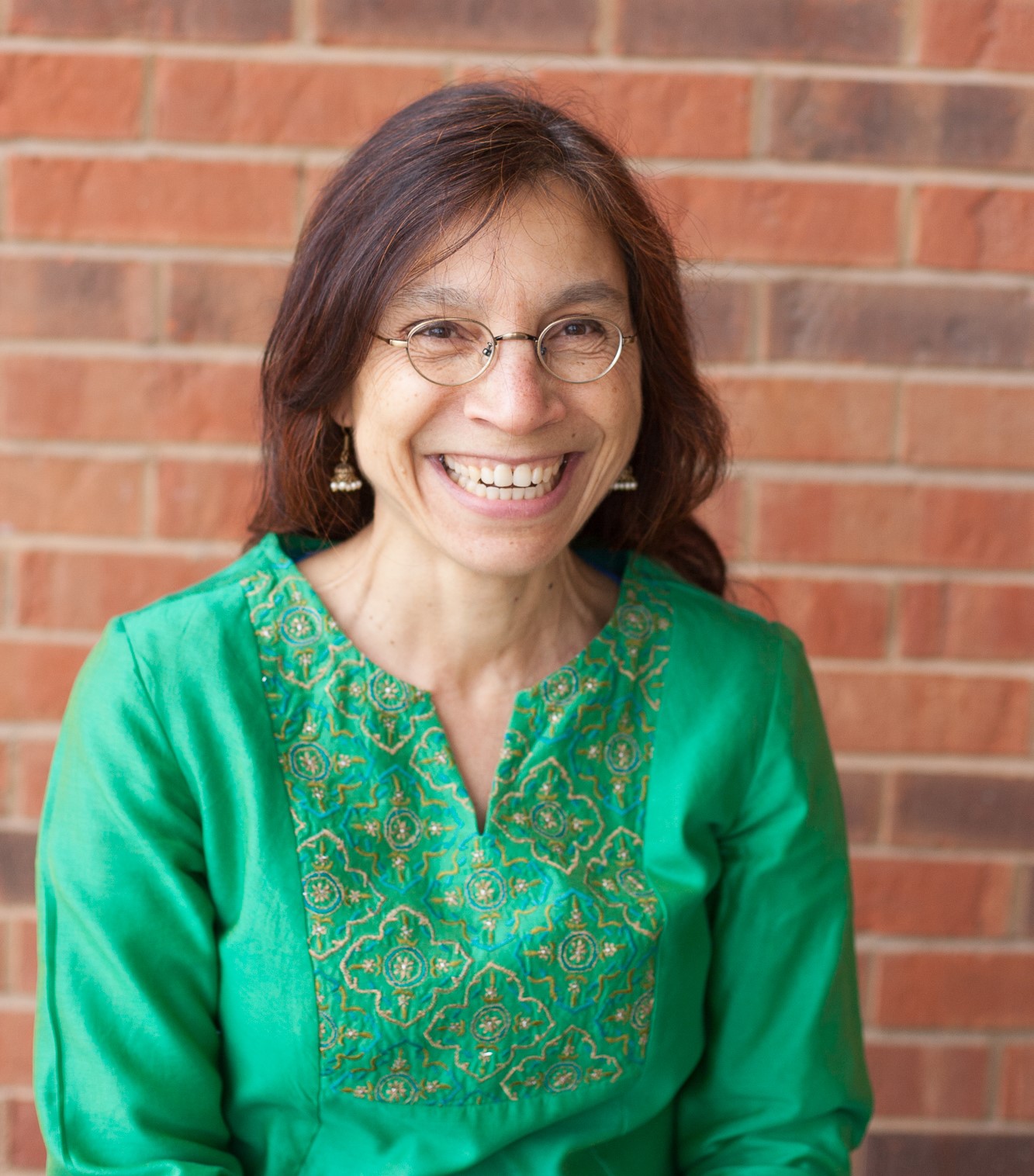Florissant valley professor shares personal insights into the conflict in Syria
 By: MALAIKA TOLFORD
By: MALAIKA TOLFORD
Staff Writer
Last week, St. Louis Community College observed International Education Week with a collection of events on multiple campuses. Initially developed as a collaboration between the U.S. Departments of State and Education, colleges and universities participate across the county. STLCC events included a fair trade emporium, a variety of cultural activities and poignant discussion panels; talks and lectures, all with the intent of promoting global understanding.
On Thursday Nov. 14, Florissant Valley Professors Rihab Sawah and Anthony Clark came to Meramec to deliver a presentation called Syria: An Intimate Portrait. They have presented this topic a few other times this fall, but this was probably going to be the last time they presented this talk, Clark said, as it is a highly personal topic for them both.
Sawah is physics professor and Clark, her husband, is economics chair. Sawah’s family is Syrian, and though she was born in the U.S. her family moved to Damascus when she was three years old, where she stayed until college. Sawah and Clark were married in Syria, and Sawah returns regularly during the summers, although she has not visited since 2011. Though her immediate family all reside in the U.S. now, her extended family remains in Syria. Family is most important in Syrian culture, and it is common for extended networks of relatives to remain very close, Sawah said, who speaks to her family in Syria at least once a week.
Clark began the presentation by mentioning his style as being “off the cuff and from the heart,” mentioning that Sawah really hates discussing politics. Painting a picture of Syrian life and culture before the current atrocities of the civil war, Sawah prefaced by saying that she is not in allegiance with President Bashar al-Assad and the current government.
When Sawah was a child, her father was imprisoned for twelve years without trial because he was a part of several professional organizations that drafted a letter to the government asking for better treatment of its citizens with fewer violations of human rights. It is clear that Sawah has reason to dislike the current regime, but the uprising against Assad and the continuing chaos is complex, atrocious and devoid of leadership. The recent events in Syria that have gained international attention have raised more questions than given answers, Sawah said.
Sawah had described her native Syria as a lively, vibrant and tolerant place. As a cultural crossroads for millennia, modern day Syria is diverse in ethnic groups and religions. Sawah, who is a Muslim, had a Christian best friend while growing up. It was not a big deal, Sawah said, noting that though they were minorities, Jewish and Christian communities thrived in Syria’s cities, as well as in smaller enclaves. She described one particular small Coptic Christian community that still spoke Aramaic. During the uprising, their particular village was ransacked and members of the community were tortured.
This event, as well as the pillaging of an ancient synagogue in Damascus illustrates the point, as Sawah said, “with every unrest, the minorities are always the ones who suffer.” Muslim Syrians were not faring much better, it seemed. Sawah recounted multiple stories of neutral Syrians killed for refusing to cooperate with the opposition because it would have harmed their families or businesses. Sawah questioned whether the opposition could really be standing for democracy and freedom when they are acting just as badly as the government they oppose.
In 2011, Sawah met several young men fleeing to Lebanon after participating in anti-government protests. When Sawah asked why they had risked so much to demonstrate, they responded that they were paid very well. Paid by whom? Sawah asked if it is even a revolution when vulnerable citizens are paid to participate. It is still unclear exactly which groups are funding certain parts of the opposition. No news media reports anything truly, Sawah said.
When the International Investigative Committee was brought to Syria this fall by the opposition to collect evidence of the usage of chemical weapons, the little evidence they found seemed planted.
“I can’t tell you what the agenda is, because I don’t know,” Sawah said. There may have been a chemical weapons attack that happened six months prior that did not reach international media. It was allegedly covered up because the majority of casualties were in the Syrian Army.
Piecing this chaos together from U.S. media, Syrian media, and from the stories of individuals Syrians and her family, Sawah still finds more questions than answers. Her family in Syria has remained safe. “When people are in danger, there is a sense of aliveness,” Sawah said. “When the sounds of gunfire and explosions subside, families are back out eating together and having fun,” Sawah said. Despite this, Sawah’s family in the states is split in opinions. While her father harbors a lot of resentment and anger, she is full of forgiveness, even without picking sides.
“Love is the only way that helps me heal and be able to see with clarity rather than through the lens of anger, which is cloudy,” Sawah said. She also reminded us to forgive people who have committed atrocities, because they are human too. Tolerance seems to be the only way forward.
Tolerance and understanding are also key factors in learning to think globally, and as Sawah and Clark illustrated, seemingly far away international events can often hit much closer to home than one would expect.











